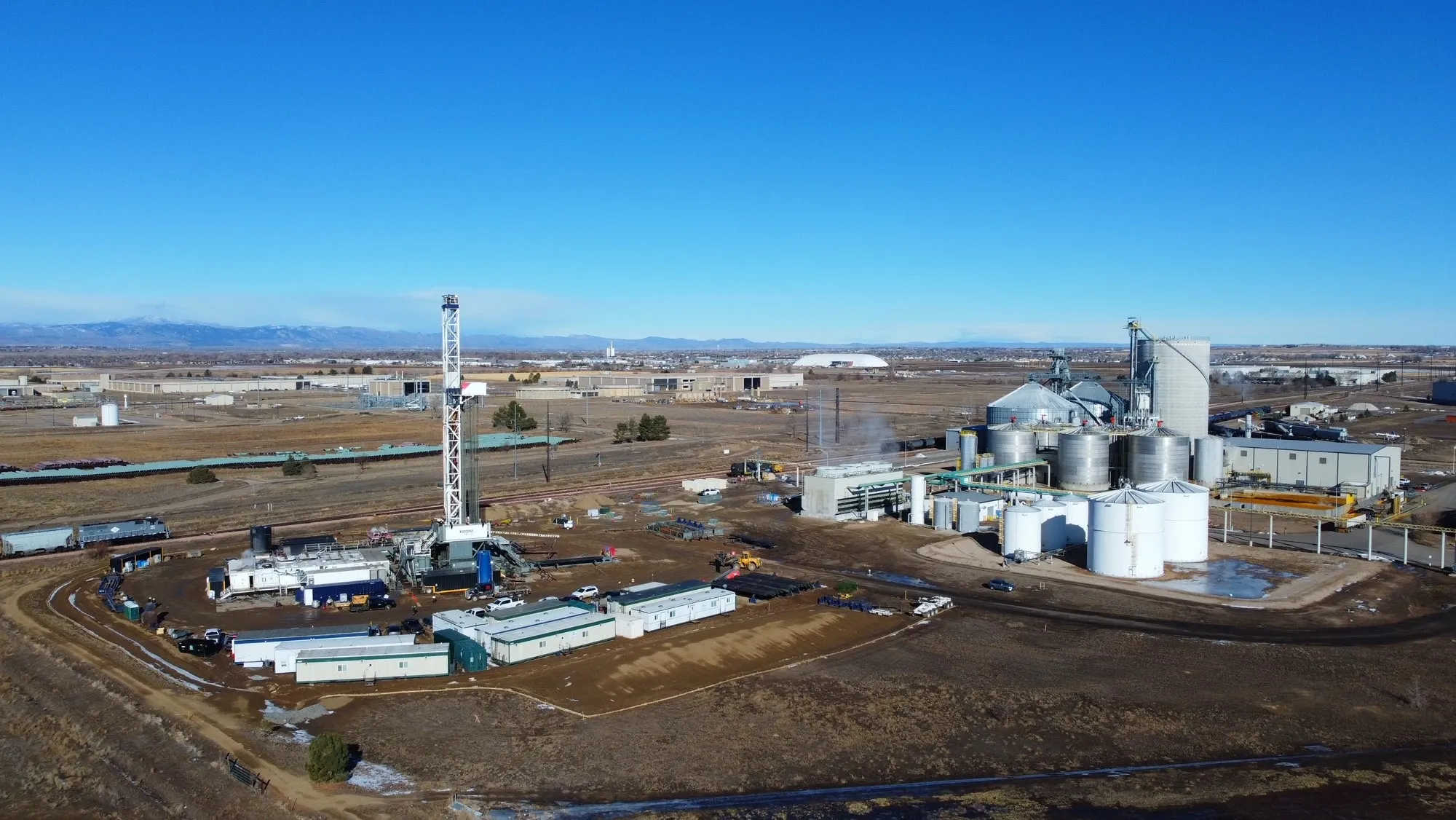Editorial: New energy legislation should bring an end to state’s oil, gas wars
Senate Bill 181 dramatically altered how oil and gas operations are regulated in the state, giving new authority to local governments and broadening the mission and membership of the Colorado Oil and Gas Conservation Commission.
The bill altered the mission of the COGCC from one of fostering oil and gas development to one of regulating such activities, thereby prioritizing public health and safety.
Local governments now have much greater authority to regulate energy production within their boundaries, allowing them to establish setback rules for new wells, for example.
Gov. Jared Polis, in signing the…
THIS ARTICLE IS FOR SUBSCRIBERS ONLY
Continue reading for less than $3 per week!
Get a month of award-winning local business news, trends and insights
Access award-winning content today!


